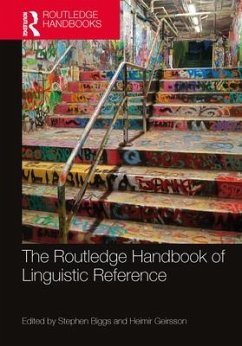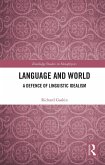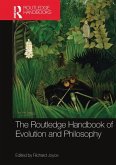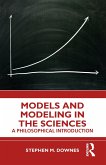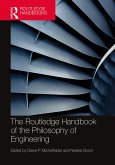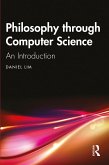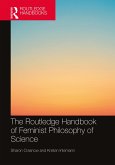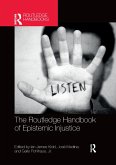This Handbook offers students and more advanced readers a valuable resource for understanding linguistic reference; the relation between an expression (word, phrase, sentence) and what that expression is about. The volume's forty-one original chapters, written by many of today's leading philosophers of language, are organized into ten parts:
I Early Descriptive Theories
II Causal Theories of Reference
III Causal Theories and Cognitive Significance
IV Alternate Theories
V Two-Dimensional Semantics
VI Natural Kind Terms and Rigidity
VII The Empty Case
VIII Singular (De Re) Thoughts
IX Indexicals
X Epistemology of Reference
Contributions consider what kinds of expressions actually refer (names, general terms, indexicals, empty terms, sentences), what referring expressions refer to, what makes an expression refer to whatever it does, connections between meaning and reference, and how we know facts about reference. Many contributions also develop connections between linguistic reference and issues in metaphysics, epistemology, philosophy of mind, and philosophy of science.
I Early Descriptive Theories
II Causal Theories of Reference
III Causal Theories and Cognitive Significance
IV Alternate Theories
V Two-Dimensional Semantics
VI Natural Kind Terms and Rigidity
VII The Empty Case
VIII Singular (De Re) Thoughts
IX Indexicals
X Epistemology of Reference
Contributions consider what kinds of expressions actually refer (names, general terms, indexicals, empty terms, sentences), what referring expressions refer to, what makes an expression refer to whatever it does, connections between meaning and reference, and how we know facts about reference. Many contributions also develop connections between linguistic reference and issues in metaphysics, epistemology, philosophy of mind, and philosophy of science.

